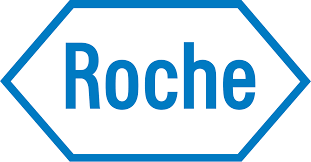
Singapore – Foundation Medicine (FMI) announces that a retrospective analysis of more than 1,000 samples from NSCLC patients who participated in Roche unit Genentech's POPLAR and OAK studies showed that the use of its blood tumor mutational burden (bTMB) assay would have helped predict responses to TECENTRIQ (atezolizumab). The results were published in Nature Medicine.
The study used samples from the Phase 2 POPLAR trial to identify a range of bTMB thresholds that correlated to clinically meaningful outcomes. The ranges were then confirmed using samples from the Phase 3 OAK trial. Specifically, patients with bTMB values of at least 16 total mutations experienced significantly improved progression-free survival (PFS) when treated with TECENTRIQ compared to patients with bTMB values less than 16 mutations.
The company says most advanced lung patients do not have adequate tissue for traditional biomarker testing so a liquid biopsy test like bTMB would be particularly useful. It is currently being evaluated in two Genentech studies: the Phase 3 BFAST trial in advanced NSCLC (first-line atezolizumab) and in the Phase 2 B-F1RST study in first-line NSCLC (atezolizumab as monotherapy).




